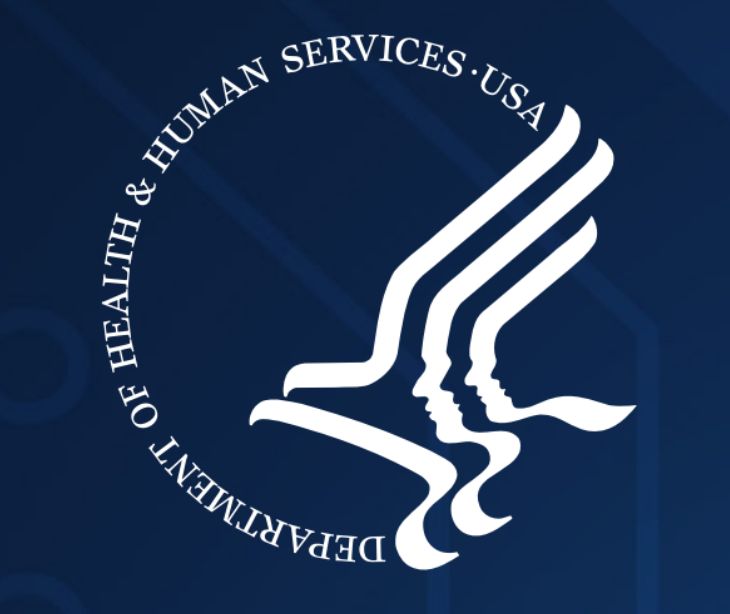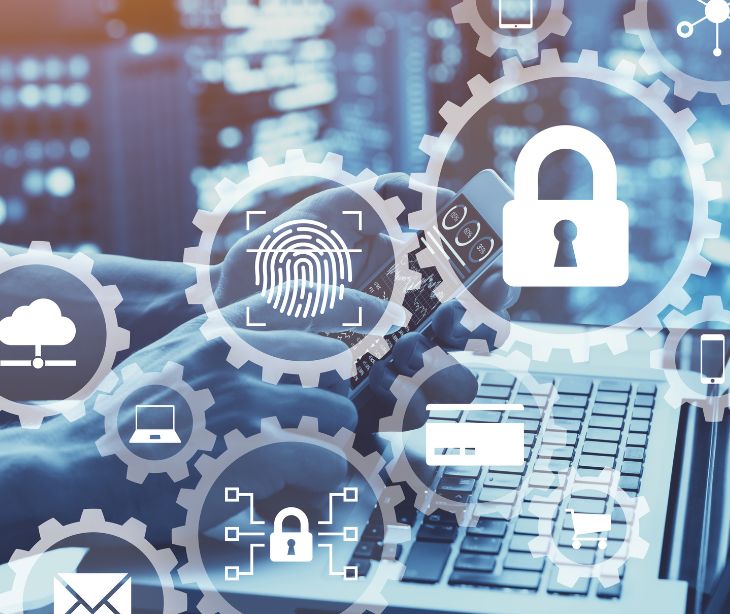
Cyber hygiene involves regular and continuous practices to protect digital data and devices from security threats.
What is cyber hygiene?
According to a journal article published in Digital Support Systems on the role of cyber hygiene in cybersecurity, “...cyber hygiene should be viewed in the same manner as personal hygiene and, once properly integrated into an organization will be simple daily routines, good behaviors and occasional checkups to make sure the organizations online health is in optimum condition...”
Cyber hygiene refers to the proactive measures healthcare organizations take to maintain and secure their data and digital devices. This involves regularly updating software to patch any security vulnerabilities, crafting strong, unique passwords for each account, and exercising caution with emails and links that could potentially be phishing attacks.
Good cyber hygiene includes backing up data to secure locations, ensuring that it can be recovered in the event of loss or corruption, and employing antivirus software to protect against malware. By consistently practicing these habits, organizations can ensure the safety and efficiency of their patient data and provide protection from cyber threats.
Main components of cyber hygiene
- Strong password management: Creating and regularly updating complex, unique passwords for each account to prevent unauthorized access.
- Regular software updates: Consistently update all software, including operating systems and applications, to patch vulnerabilities and strengthen security.
- Antivirus and anti-malware software: Installing and regularly updating reliable antivirus and anti-malware programs to detect, prevent, and remove malicious software.
- Data backup: Regularly backing up data to multiple secure locations to prevent loss in case of cyber attacks or hardware failure.
- Multi-factor authentication (MFA): Employing MFA to add an extra layer of security, reducing the risk of unauthorized account access.
- Firewall utilization: Using firewalls to protect networks by monitoring and controlling incoming and outgoing network traffic, and blocking unauthorized access.
- Email security: Being vigilant about phishing attempts, not clicking on suspicious links or attachments, and verifying the authenticity of emails.
Risks of poor cyber hygiene
- Data breaches: Poor cyber hygiene often leads to vulnerabilities in systems, making them susceptible to data breaches. This can result in stolen sensitive personal or organizational data, including financial information, personal identification details, and confidential business information.
- Identity theft: Cybercriminals can exploit weak cybersecurity practices to steal personal information, leading to identity theft. This can have long-term consequences for individuals, including financial loss and damage to credit ratings.
- Financial loss: Inadequate cyber hygiene can lead to financial losses for individuals and organizations. This can occur through direct theft of funds, ransomware attacks, or a data breach, leading to fines and legal costs.
- Malware infections: Without regular updates and antivirus protections, systems are more vulnerable to malware, including viruses, spyware, and ransomware. These malicious programs can disrupt operations, corrupt data, and even take control of systems.
- Reputational damage: Organizations suffering from cyber attacks due to poor cyber hygiene can experience severe reputational damage. Loss of consumer trust and confidence can have long-lasting effects on business relationships and market position.
- Operational disruptions: Cyber attacks can disrupt business operations, leading to downtime, loss of productivity, and sometimes permanent loss of critical data.
- Vulnerability to phishing scams: Lack of awareness and training about cyber threats makes individuals and organizations more susceptible to phishing attacks, leading to unauthorized access to systems and information theft.
The role of cyber hygiene assessments
The Cybersecurity and Infrastructure Security Agency (CISA) emphasizes the role of cyber hygiene assessments in strengthening cybersecurity defenses. These assessments enable organizations and individuals to identify and rectify vulnerabilities in their digital infrastructure. According to CISA, regular cyber hygiene assessments are necessary to proactively discover network and system weaknesses before malicious actors can exploit them. They involve evaluating current security practices, verifying the effectiveness of antivirus and malware defenses, ensuring that software and systems are up-to-date, and assessing the strength of passwords and authentication methods.
Subscribe to Paubox Weekly
Every Friday we'll bring you the most important news from Paubox. Our aim is to make you smarter, faster.




